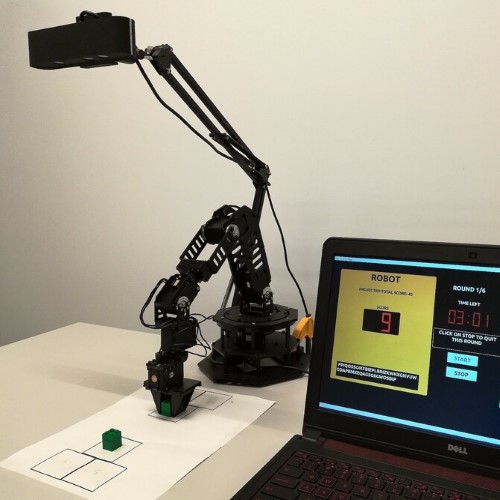
Full text
DOI
Share
|
AbstractThe performance of robots working alongside humans might positively or negatively affect humans’ earnings, depending on the economic setting. In a new real-effort lab experiment, we study the impact of economic conditions in hybrid human-robot workplaces on workers’ effort provision and attitudes. In a previous subtractive-earnings experiment (Kshirsagar et al., 2019), subjects’ expected earnings negatively depend on a robot’s performance, while in our new additive-earnings experiment, they depend on the robot’s performance positively. Both experiments are guided by a past human-human experiment and by a model of expectations-based reference-dependent preferences. As the theory predicts and as previously found, increasing robot performance discourages effort under subtractive earnings—but, as the theory also predicts and as we find here, this effect disappears and perhaps reverses under additive earnings. Additionally, increasing robot performance negatively affects subjects’ perceptions of themselves and of their robotic coworker under subtractive earnings, but we find that these effects weaken or reverse under additive earnings. These findings suggest a relationship between workers’ earning structures and robots’ performance that should be considered when designing hybrid workplaces. |